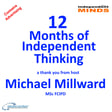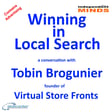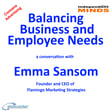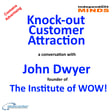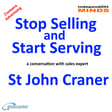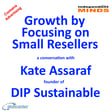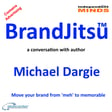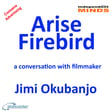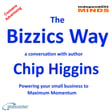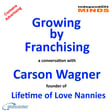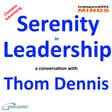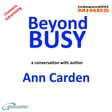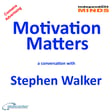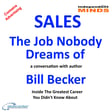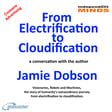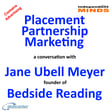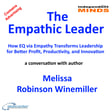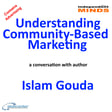
Introducing the Paskpartnership People Leadership RADAR®
PASKpartnership invited more than 100 senior HR professionals, including Michael Millward to contribute to research, conducted by occupational psychologists into what a competency framework solely dedicated to hr leaders would look like. The result is the Paskpartnership People Leadership RADAR®.
PPL RADAR® provides an opportunity for HR leaders to identify and track their development needs for today and the future.
In this episode, of The Independent Minds Andrew Thompson Director of Paskpartnership explains the history, development and applications of PPL RADAR®
For more information about the PaskPartnership People Leadership RADAR® please visit WPLC.co.uk
The Independent Minds is made on Zencastr.
Zencastr is the all-in-one podcasting platform, on which you can create your podcast in one place and then distribute it to the major platforms like Spotify, Apple, and Google. It really does make creating content so easy.
If you would like to try podcasting using Zencastr visit zencastr.com/pricing and use our offer code ABECEDER.
Travel to Cornwall
Paskpartnership is based in Cornwall.
If you would like to visit Cornwall, a good place to plan your travel is The Ultimate Travel Club. It is where you will get trade prices on travel including flights, and hotels.
Visit the Ultimate Travel Club and use our offer code to receive a discount on your membership fee.
• ABEC79
You can find out more about Michael Millward, Andrew Thompson and Paskpartnership at abeceder.co.uk.
Three – the network
If you are listening to The Independent Minds on your smart phone in the UK, you may like to know that Three has the UK’s Fastest 5G Network with Unlimited Data, so listening on Three means you can wave goodbye to buffering.
Visit Three for more information about business and personal telecom solutions from Three and the special offers available when you quote my referral code.
- WPFNUQHU
Being a Guest
If you are a podcaster looking for interesting guests or if like Andrew, you have something very interesting to say Matchmaker.fm is where matches of great hosts and great guests are made. Use our offer code for a discount on membership.
- MILW10
We recommend that potential guests take one of the podcasting guest training programmes available from Work Place Learning Centre.
If you have liked this episode of The Independent Minds, please give it a like and download it so that you can listen any time anywhere.
To make sure you do not miss future editions please subscribe.
Remember, the aim of all the podcasts produced by Abeceder is not to tell you what to think, but we do hope to make you think!
Thank you to you for listening.
